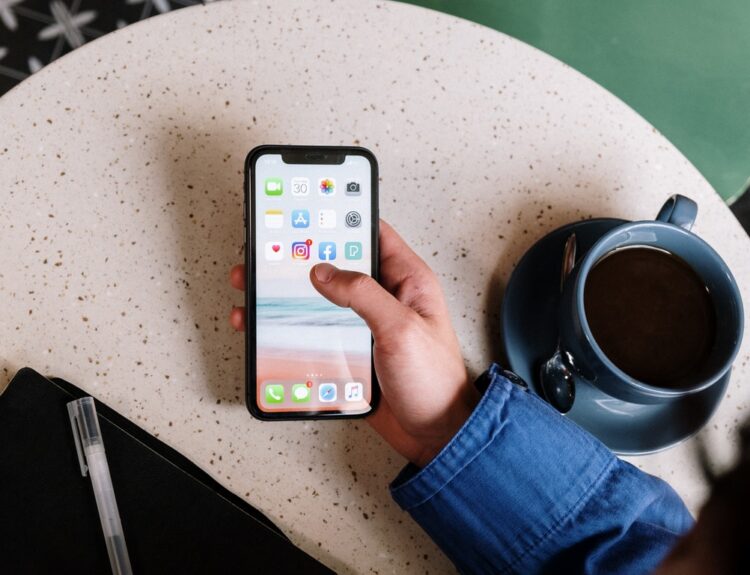5G has become a buzzword that is hard to ignore. What exactly is 5G, and what sets it apart from previous generations of mobile networks?
5G, short for the fifth generation, is the latest iteration of mobile network technology. It offers faster speeds, lower latency, and greater capacity than its predecessors. 5G aims to revolutionize wireless communication by enabling faster data transfer, supporting many connected devices, and delivering enhanced user experiences.
In this article, we’ll explore the basics of 5G and answer some common questions beginners may have.
How Is 5G Different from The Previous Generations of Mobile Networks?
The key differences lie in speed, latency, and capacity. 5G provides significantly faster download and upload speeds. This allows quicker streaming, smoother video calls, and faster file transfers. It also offers reduced latency, which means less delay between sending and receiving data, leading to more responsive and real-time experiences. Additionally, 5G can enable the Internet of Things (IoT) and smart cities by connecting multiple devices simultaneously.
Where Are the Different Uses of 5G?
5G is being deployed in various parts of the world, with network coverage expanding rapidly. It is primarily being rolled out in urban areas and high-density locations, where the demand for high-speed connectivity is highest. Additionally, 5G is being implemented in industries such as healthcare, manufacturing, transportation, and entertainment to enable innovative applications and services.
How will 5G Affect the Global Economy?
5G is expected to realize its full potential by 2035. It will potentially enable $13.1 trillion worth of goods and services and 22.8 million jobs. The impact of 5G is expected to be much greater than the previous generation of mobile networks.
Do I Need a New Smartphone if I Want 5G?
Yes, to access 5G networks, you need a 5G-enabled device. Most new smartphones released in recent years offer 5G compatibility, but older devices may not support this technology. If you want to upgrade to 5G, check with your mobile carrier to ensure your current phone is compatible, or consider purchasing a 5G-capable device.
5G technology is still evolving; network coverage may vary depending on location. While 5G offers exciting possibilities, it’s important to consider your specific needs and evaluate if the benefits of 5G justify the upgrade cost.




